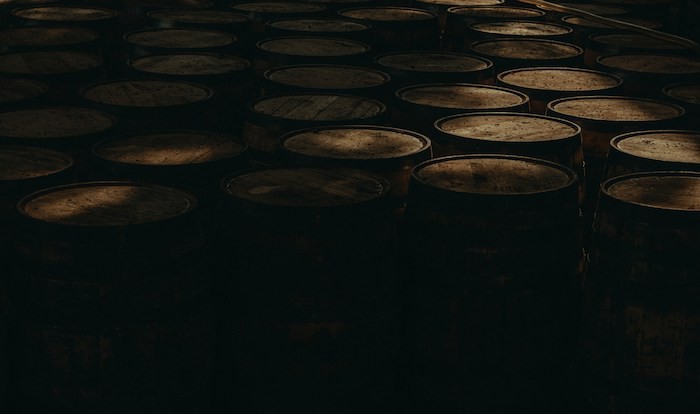
CLASS explains the process of evaporation in the spirits ageing process.
In the world of barrel-aged spirits, the Angel’s Share refers to the portion of liquid that evaporates from casks during maturation.
As whisky, rum or cognac rests in oak, tiny amounts escape through the wood’s pores — a natural process that distillers poetically credit to the angels taking their cut.
According to spirits historian David Wondrich, the phrase dates back at least to the 19th century, when distillers noticed mysterious losses during long aging. Rather than seeing it as theft, they romanticised it — a sign of the spirit’s communion with the heavens.
The evaporation rate depends on climate and warehouse conditions. In Scotland’s cool, damp warehouses, whisky typically loses around 1.5–2% per year — mainly alcohol, as water stays behind in the humid air.
In Kentucky’s warmer rickhouses, bourbon may forfeit 3–5% annually, with evaporation favouring water and raising alcohol strength. In the Caribbean, where rum matures rapidly, losses can soar to 8–10% or more, while cognac in France’s Charente region averages 2–3%. Even aged tequila resting in Jalisco’s dry heat surrenders roughly 4–6% a year.
Far from a mere inconvenience, the Angel’s Share shapes character: it softens edges, deepens complexity, and defines terroir. Every cask’s loss, in turn, becomes its gain — a small sacrifice for maturity, and a reminder that time and air are as crucial to great spirits as oak and grain.


